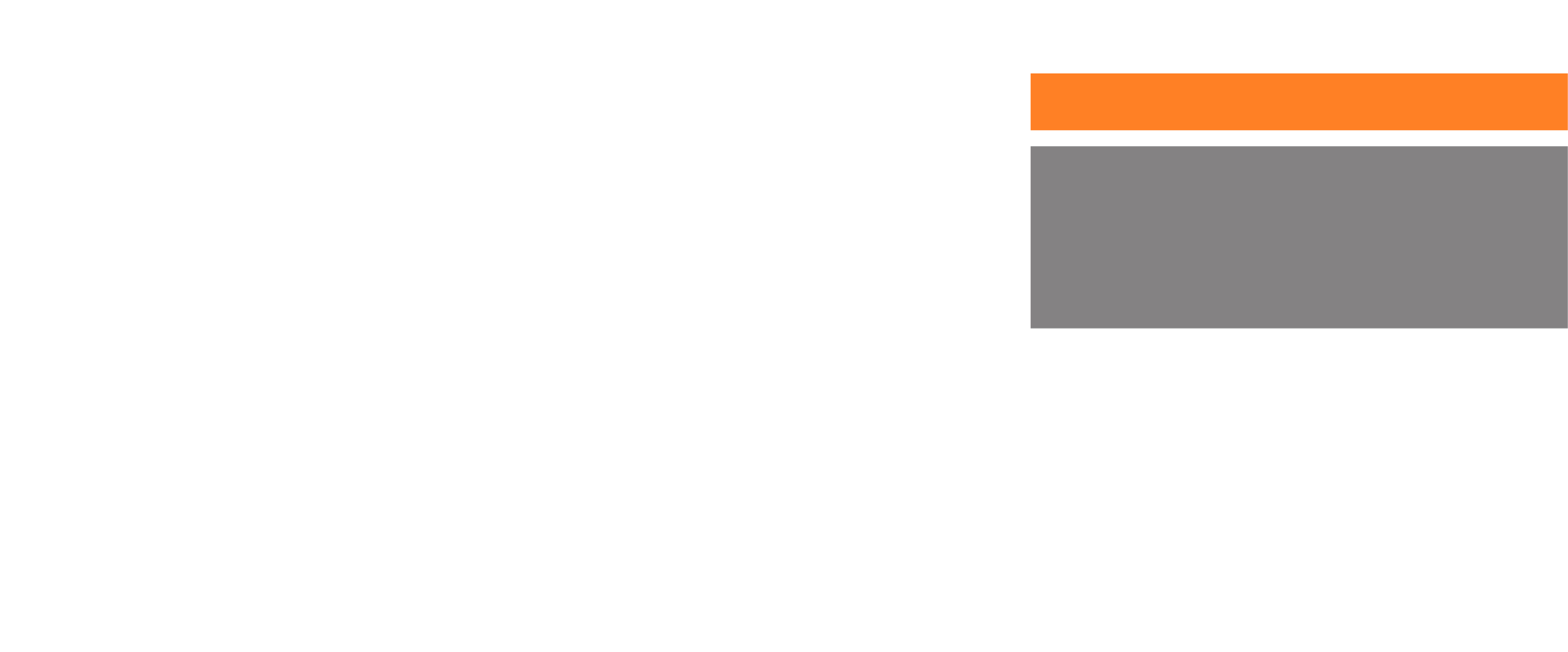Epoxy Flooring is a No-No for Patios and Here is Why
For decades, the epoxy had a monopoly in the market as the best floor coating for garages, patios, and any place with concrete floors. However, as the years progressed the industry came up with a better alternative to epoxy floors, namely polyaspartic polyurea coatings.
Where did it go wrong? Why shouldn’t you use epoxy coatings? We listed 5 reasons why epoxy just doesn’t do it anymore.
5 Disadvantages of Epoxy that Polyurea Rectifies
Epoxy Coating Doesn’t Stick Very Well To Concrete
Epoxy doesn’t exactly have the strongest adhesive strength. It does a better job than paint, but it is prone to peeling off, especially in hotter climates. In fact, if your car tires are hot, and fresh off the road, there is a possibility that the coating will stick to your tires. Even if your epoxy flooring doesn’t peel right off, the weaker adherence leaves it susceptible to chips and cracks. Polyurea forms chemical bonds to the concrete surface and thus has a much stronger adhesion. It also comes with a 15-year warranty on chipping or peeling. Keep this in mind before hiring epoxy flooring contractors.
Ridiculously Long Cure times
The biggest disadvantage of epoxy is the week-long cure time. If you got your garage floor done today, you would have to wait at least 5 days before you can set foot in it. This is a tad bit problematic for both residential and commercial holdings. It is even worse because there is no way you can stop the dust, dirt, and flying bugs from sticking to your shiny new coating if you have done the patio.
Polyurea is fast drying and only takes 24 hours to cure completely. No more having to run after your kids and pets to stop them from trodding over the uncured floor.
Difficult Preparation Before Pouring
More often than not, an epoxy coating fails because the concrete isn’t prepped beforehand. A simple acid-based cleaner does little to remove the oil and silicones that have seeped deep into the concrete of your garage floor. Professional epoxy flooring contractors advise using industrial grinders instead but that too is a time-consuming process.
You will also need to make sure that your concrete has less than 5% of moisture content in the epoxy to create a stronghold. For polyurea, no such additional headaches are there.
Need more proof epoxy isn’t the best floor coating? We have more coming.
Epoxy Fades under UV rays
An epoxy coating for your patio floor is also a bad idea because the continuous onslaught of sunlight and UV rays will cause it to fade, rather quickly at that too.
With time, epoxy continues to harden (surprise: it never completely cures), after a few years, the coating turns brittle and cracks under pressure. It also tends to fall apart in areas that see extreme weather.
With polyurea coating, fading is never an issue, even under the sun’s harsh glare, it stands. Polyurea is also flexible and doesn’t break when faced with rapidly changing temperatures.
Cannot Be Poured in Colder Climates
Epoxy coatings can only be applied in a strict window of temperature. If the temperatures are too low, the coating won’t even cure. This means you cannot get epoxy flooring in the winter. In some parts of the country, especially in Oklahoma, temperatures are on the colder side year-round, so getting a coating is entirely impossible.
Whereas on the other hand, polyurea is perfectly applicable for lower temperatures.
Polyurea is the Future of Patio and Garage Floors
Bring out a lounge chair and settle down on your patio to soak up the summer sun. With Zone Garage’s polyaspartic polyurea coatings, your patio’s flooring is now secure. Our floor coatings are UV resistant, robust, and durable. They are also easy to clean and look fabulous. Think it’s finally time to give your patio a makeover? Call us at (405) 531-4331! Our customer service will take it from there.


